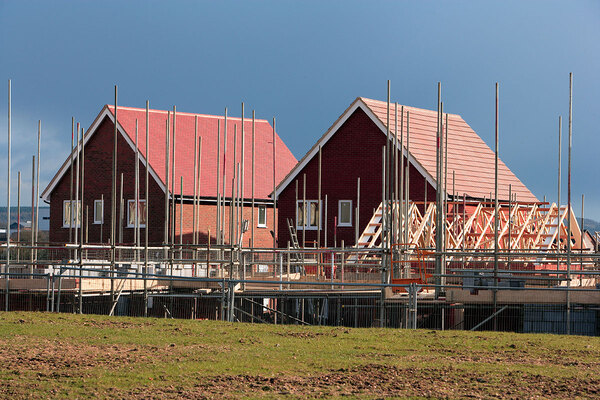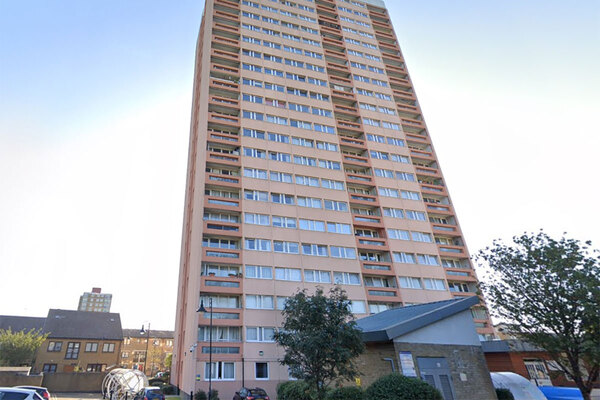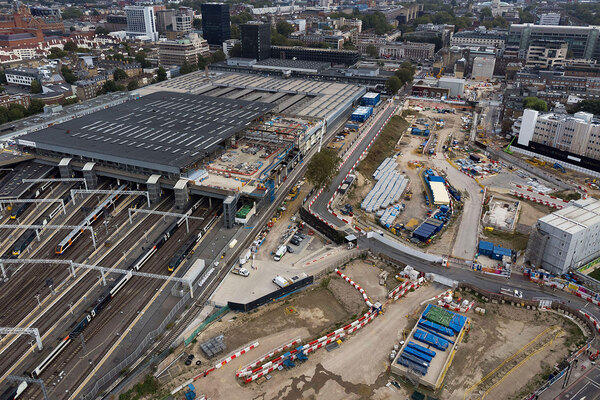You are viewing 1 of your 1 free articles
The country needs to let go of its ownership obsession to remake our housing market
Labour must think about the entire housing ecosystem as it commits to decent homes for all, writes Simon Graham, a housing consultant
It’s time to rethink England’s housing philosophy. We need less focus on a ‘property-owning democracy’ and far more on ‘a decent home for all’.
In a new pamphlet by the Fabian Society, the thinktank, I illustrate the damage caused by today’s housing market, which concentrates power and wealth in the hands of those already better off, while failing to meet the basic social contract of providing security and support to those who need it.
This has to change. It is time to remake the market.
The number of people owning a second home has increased by more than 50% this century, while the proportion of 25 to 34-year-olds owning a home has roughly halved since 1989. A fifth of all property purchases are now for second homes or buy-to-lets.
Meanwhile, at the other end of the market, we have record levels of homelessness and sell off more social rented homes than we build.
In the middle lies a large cohort of people, including many younger couples and key workers, whose lives are constrained by high housing costs and the poor availability of more affordable housing options. Nearly 40% of private renters need help with their housing costs.
“Sorting the affordability problems of the private markets for sale and rent comes down to increasing housing supply, sensible regulation and reform of our problematic land market”
Right now, our housing market is a killer of social progress and economic growth. Couples delay having families, job prospects are damaged, educational attainment is hindered, people’s physical and mental health are affected and in-work poverty grows. Inequalities are magnified and, more dangerously, disillusion and alienation spread. Both privilege and the lack thereof become embedded and fixed.
The election of the new Labour government offers a unique chance to change things. But what would a well-functioning housing market look like and how do we deliver it?
Homeownership rates have stalled at around 65% since the early 2010s (they peaked at 71% in 2003). The market for sale is operating at the very limits of affordability. The expensive, insecure and under-regulated private rented sector has benefited as demand is pushed down and people lack other choices.
Just 16% of households live in the social housing sector, down from 32% in 1979. Yet we have a consistent 20%-25% of households living in serious poverty. We need to give low-income families more stable foundations to improve their life chances.
Labour is on the right track with its ambitious plans for 370,000 homes a year and significant planning changes, including reform of the land compensation rules. But it can expect fierce battles at local level and would do well to spend time on a sustained information campaign emphasising the importance for the country’s future social and economic health of changing how our housing market works.
The biggest challenge of all is delivering the volume of social and affordable housing needed. We should be building 145,000 affordable homes a year, including 90,000 social rented homes; we actually build 50,000 to 60,000, with fewer than 10,000 for social rent.
How do we bridge that enormous gap when little extra money will be available? The new government is banking on stronger planning obligations, more flexibility in the use of Affordable Housing Programme funds, and a revised, stable rent regime.
“A positive partnership with house builders to get supply numbers up and more public value from planning obligations will be essential”
All of these will help. Analysis from Heriot-Watt University suggests a reorientation of existing funding plus a greater onus on contributions from private development could produce 60,000 to 70,000 homes for social rent a year, around 20,000 more for shared ownership and 25,000 for intermediate rent, even in current economic circumstances.
A positive partnership with house builders to get supply numbers up and more public value from planning obligations will be essential. It will involve sticks and carrots. Much stronger local authority control over land use, faster build-out rates, and encouraging house builders to accept somewhat lower margins and distribute slightly lower dividends should be the quid pro quo for a liberalised planning regime which boosts their businesses.
Rachel Reeves, the chancellor, should also commission a comprehensive review of property taxation. The current system is a mess. There are strong grounds for reform of stamp duty, council tax, capital gains tax and more. As well as raising additional revenue, property taxation should support the goal of a fairer housing market and a fairer society.
The government is promising to publish a long-term housing strategy in the coming months. This is another vital part of the jigsaw. It must set a credible, ‘whole-market’ direction of travel with clear objectives; pull together the many interconnected strands of policy and action into a coherent, prioritised programme; and create proper ministerial accountability for progress.
Simon Graham, housing consultant and former housing association director of strategy, research and communications
Sign up for our daily newsletter
Already have an account? Click here to manage your newsletters













